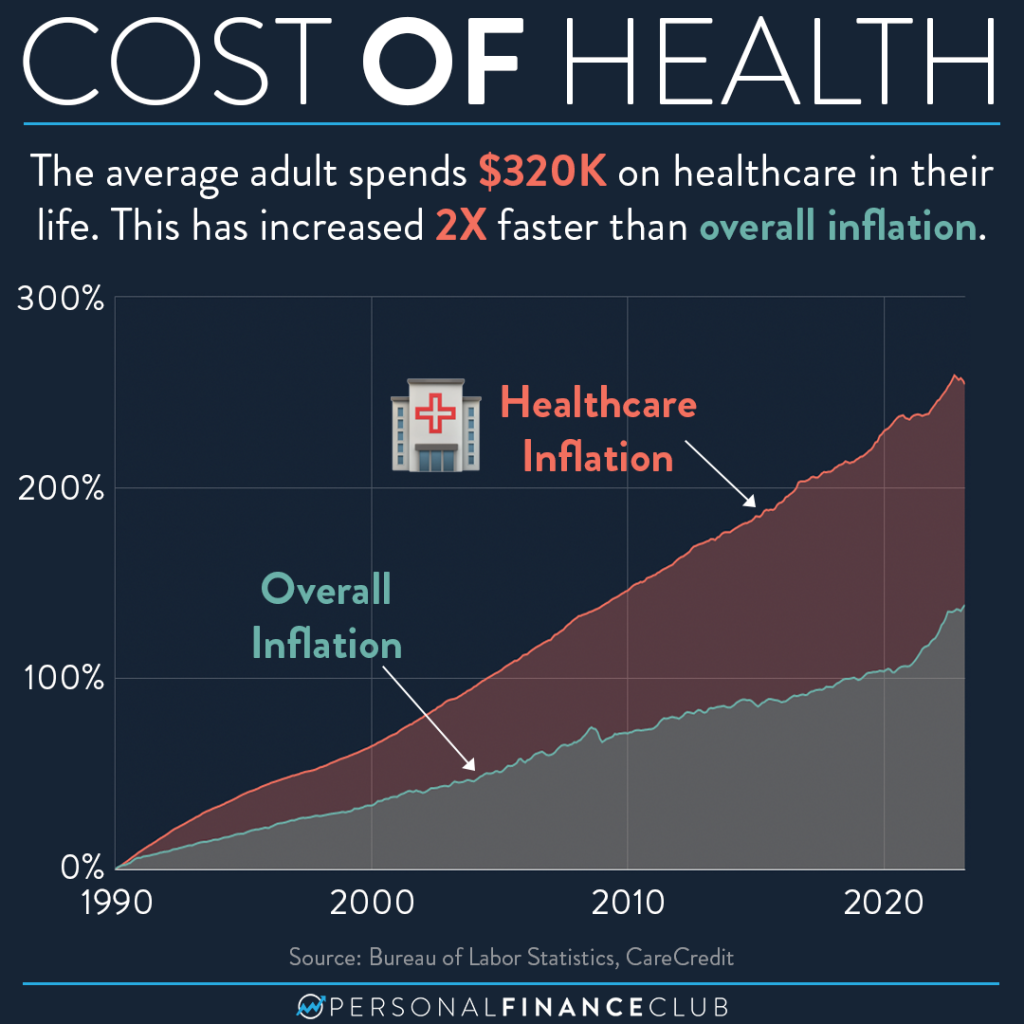Comprehensive Healthcare RCM for Improving Client Billing and Payments
Comprehensive Healthcare RCM for Improving Client Billing and Payments
Blog Article
Recognizing the Role of Health Care RCM in Enhancing Financial Efficiency and Client Satisfaction
Browsing the ins and outs of Medical care Profits Cycle Monitoring (RCM) is necessary for achieving ideal economic efficiency while at the same time boosting person contentment. RCM's capability to enhance billing, guarantee specific coding, and expedite insurance claims processing stands as a cornerstone of modern-day healthcare procedures. Nonetheless, the nuanced interaction in between these aspects warrants a closer exam to completely appreciate their effect on both doctor and patients. As we check out the transformative possibility of RCM, inquiries about its strategic implementation and future innovations beckon, appealing insights that might redefine sector criteria and person experiences alike.

Secret Parts of RCM
In the facility landscape of health care, Profits Cycle Monitoring (RCM) is essential in making sure financial security and operational efficiency. Person registration and qualification confirmation are foundational steps, guaranteeing that exact client information is captured and insurance policy coverage is verified prior to solutions are rendered.

Charge capture is an additional necessary element, involving the exact recording of solutions supplied to individuals. It guarantees that all billable solutions are accounted for, consequently making best use of income potential. Simultaneously, medical coding translates patient experiences into standard codes, which are essential for invoicing and regulatory compliance.
Claims submission and management follow, involving the prep work and entry of cases to payers. This procedure needs careful interest to detail to minimize errors and avoid hold-ups. Rejection monitoring is a positive strategy to address and resolve refuted insurance claims, securing profits streams.
Lastly, repayment posting and client collections finish the cycle, making certain settlements are precisely tape-recorded and exceptional balances are gone after. Together, these components develop a robust framework that supports the monetary and functional health of healthcare companies.
Effect On Financial Performance
Effective Income Cycle Monitoring (RCM) dramatically affects a medical care company's financial efficiency by maximizing capital and decreasing revenue leak. RCM encompasses the detailed billing and collection procedures that guarantee healthcare companies effectively manage their monetary purchases from client registration to final settlement. By improving these processes, organizations can minimize rejected cases, expedite settlement cycles, and enhance overall monetary health and wellness.
Financial performance is boosted through meticulous administration of billing treatments, which includes accurate coding and timely entry of claims. This minimizes the probability of case denials and rejections, which can dramatically hinder income flow otherwise attended to quickly. Moreover, integrating innovative innovation solutions promotes real-time tracking of cases and economic metrics, supplying healthcare administrators with the tools essential to make educated strategic decisions.

Enhancing Client Complete Satisfaction
While enhancing monetary performance is an essential goal of Profits Cycle Monitoring (RCM), it likewise plays a pivotal role in enhancing individual satisfaction. Patients today demand openness, efficiency, and precision in their healthcare interactions. RCM systems streamline these processes, offering people a seamless experience from appointment organizing to repayment. By minimizing administrative concerns, RCM permits doctor to concentrate more on patient care, which directly improves individual fulfillment. web

RCM also boosts person fulfillment with effective communication. By keeping a thorough data source of client information, RCM promotes you could try here boosted interaction between patients and doctor, ensuring people feel informed and valued. This openness and availability promote a positive person experience. On the whole, efficient RCM application not only boosts financial end results but also considerably adds to a patient-centered healthcare setting.
Methods for Effective RCM
Accomplishing reliable Revenue Cycle Administration (RCM) calls for health care companies to apply a set of calculated practices that guarantee economic stability and operational performance. One crucial method is the adoption of technology-driven services, such as incorporated software platforms that streamline invoicing procedures, reduce errors, and boost data accuracy. These systems make it possible for real-time tracking of monetary metrics, enabling prompt recognition and rectification of inadequacies.
Another method is the standardization of processes throughout the revenue cycle. Healthcare RCM. This involves establishing constant policies for individual enrollment, insurance policy confirmation, and asserts handling. By guaranteeing that all team follow these standards, companies can expedite and decrease disparities settlement collections
Team training and advancement likewise play an essential function in efficient RCM. Well-trained personnel can effectively navigate complex invoicing procedures and guidelines, lowering rejections and boosting cash circulation. Regular updates on plan adjustments and best practices help preserve a experienced and proficient labor force.
Future Trends in RCM
As health care companies enhance their Revenue Cycle Administration (RCM) methods with modern technology and standardized processes, interest is currently turning in the direction of the future patterns forming this essential area. One substantial pattern is the assimilation of synthetic knowledge (AI) and artificial intelligence to automate complicated jobs, such as claims refining and predictive analytics. These innovations are expected to minimize mistakes, speed up transaction times, and give data-driven understandings for better decision-making.
Furthermore, the shift in the direction of value-based treatment proceeds to influence RCM methods - Healthcare RCM. Doctor are expected to increasingly concentrate on person end results and complete satisfaction, necessitating RCM systems that can suit brand-new repayment models. This shift will need more comprehensive data collection and analysis to successfully measure and report on efficiency metrics
Interoperability is an additional site web emerging top priority, as seamless information exchange in between disparate systems becomes crucial. Improved interoperability will promote more precise client details sharing, decreasing management burdens and enhancing the client experience.
Verdict
Healthcare Revenue Cycle Administration (RCM) dramatically affects both financial performance and client contentment by enhancing payment processes, making certain exact coding, and making it possible for punctual insurance claims submission. Effective RCM lessens income leakage and speeds up money circulation, decreasing insurance claim rejections and quickening repayments.
Navigating the details of Health care Earnings Cycle Monitoring (RCM) is necessary for accomplishing optimal monetary efficiency while at the same time raising person fulfillment. RCM incorporates the comprehensive invoicing and collection processes that guarantee medical care service providers successfully handle their financial deals from person registration to final repayment. By lowering administrative concerns, RCM enables medical care providers to focus a lot more on person treatment, which directly enhances individual contentment.
By maintaining an extensive data source of person information, RCM helps with enhanced interaction between patients and health care providers, making sure people feel educated and valued.Health Care Income Cycle Monitoring (RCM) substantially influences both economic efficiency and individual fulfillment by optimizing invoicing procedures, making sure specific coding, and allowing timely cases entry.
Report this page